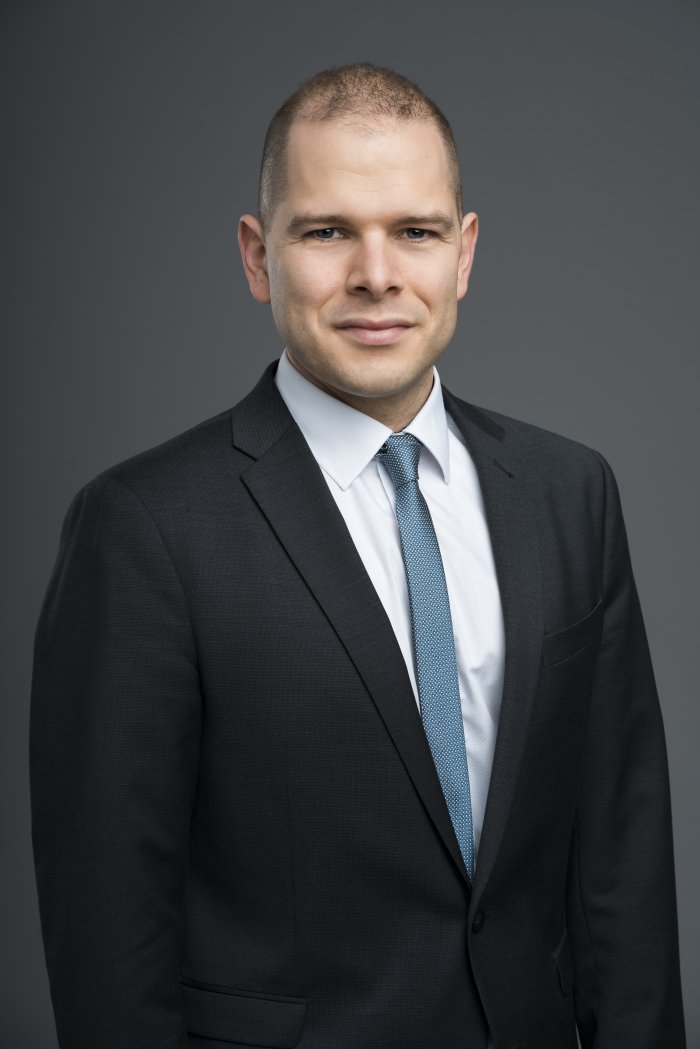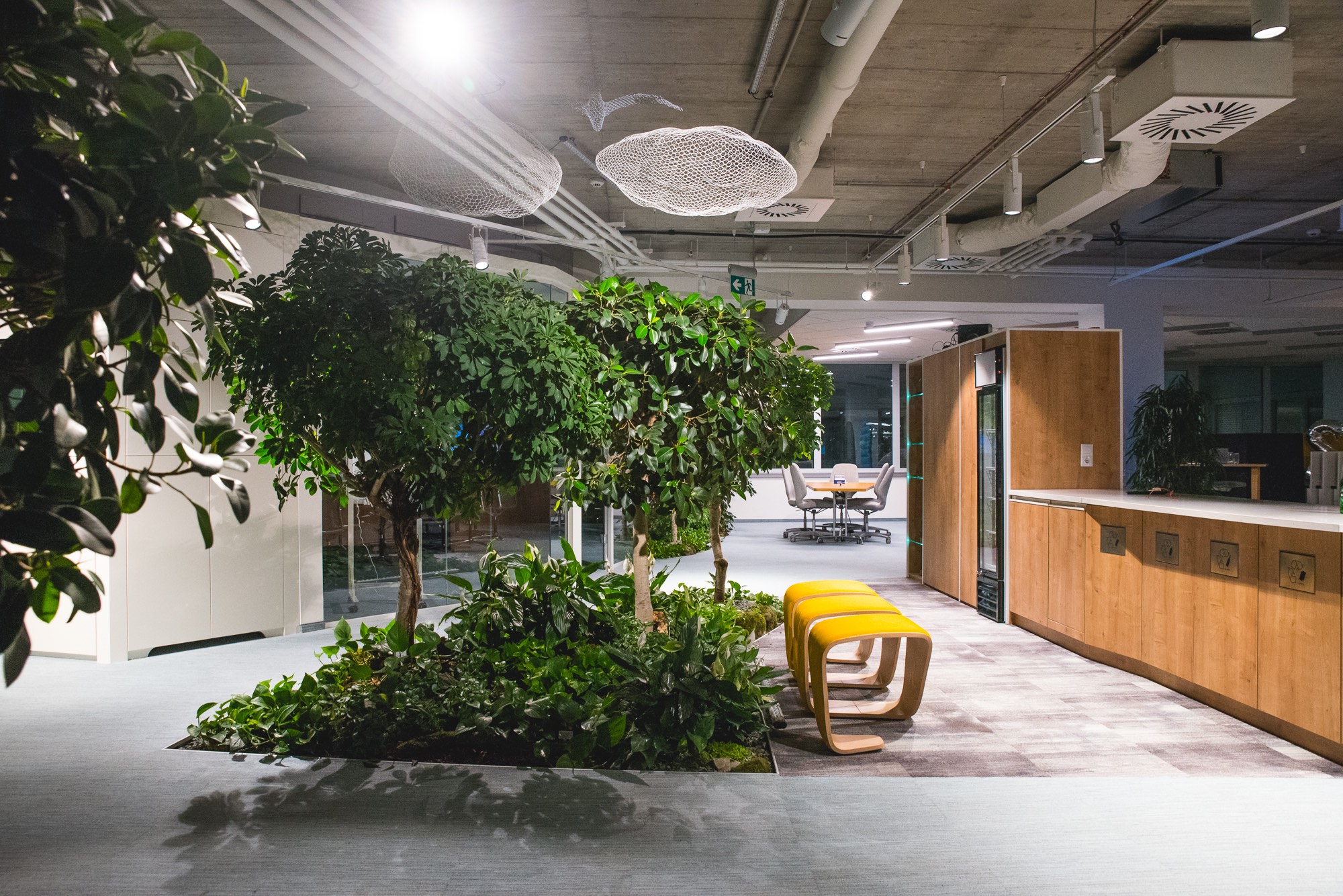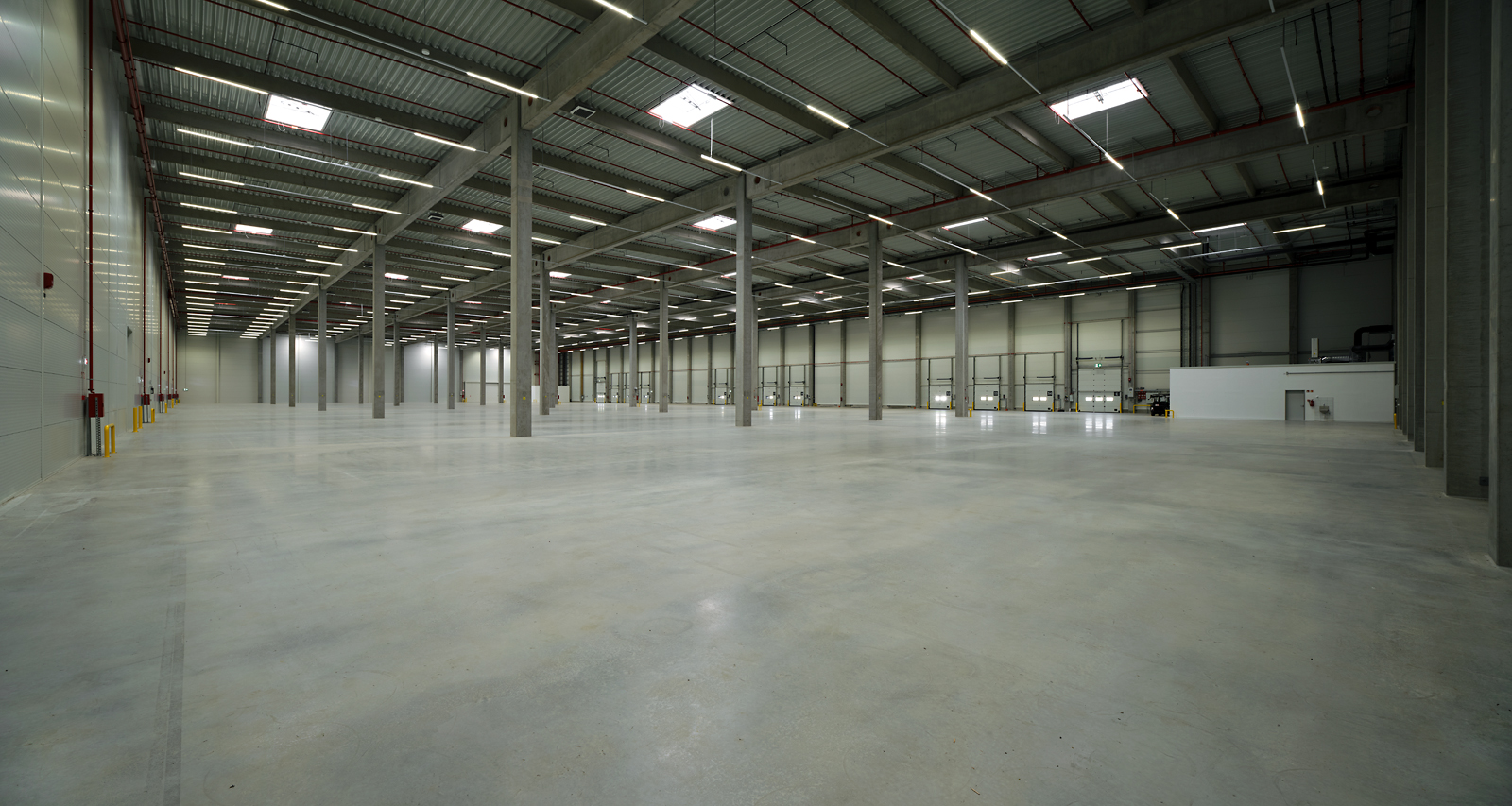Crisis to Accelerate Some Trends, but Quality Buildings Will Maintain Value

Once economic life recovers from the COVID-19 pandemic, it is likely we will find that certain trends have been accelerated, says Bence P. Balázs, real estate investment director at Diófa.
Exactly to what extent those changes will be visible is still to be played out, he says. The crisis has forced companies to embrace the concept of home office, for example. But for everyone who has found it to be a surprisingly efficient mode of operation, there will be others who lack a proper workspace or simply miss the human element of meeting and working with colleagues.
And that will still be the case once the challenges and frustrations of combining working from home with home schooling are removed from the equation, he believes.
“I think flexibility will be the key, and we, the market, will develop a hybrid structure,” Balázs tells the Budapest Business Journal. “It makes sense to allow people to decide for themselves and perhaps do one or two days a week remotely if they enjoy working that way.”
Balázs was made responsible for leading and overseeing the asset, fund and investment management activities of the open and closed-end commercial real estate funds managed by Diófa in March of this year, having joined the company as real estate portfolio manager in October. His 13-year career includes stints working in Germany, CEE and Australia.
One noticeable side effect of greater WFH has been less traffic on the roads and better air quality, even in downtown Budapest. Environmental issues play particularly strongly with the younger generations, and Balázs says he thinks this might become a factor for businesses anxious to secure the best staff.
Satellite Hubs
“We might see more ‘near office’ or temporary office solutions: having one main headquarters office might no longer be a 100% good solution for companies wanting to attract a solid workforce. Smaller satellite hubs, which you can reach using sustainable transport and with reduced travel time will become more prevalent,” he says.
“On the other hand, I think there will be a shift towards more flexible space. That trend will continue and the crisis will become a catalyst for a reduction in fixed work stations as IT tech becomes more prominent.”
Which is not, let us be clear, to say that Balázs is predicting the end of the office era. “We currently have low supply of commercial space, the fundamentals of the market are good and there is still inherent demand, especially in the office and logistics markers. Some sectors will clearly recover quicker than others; F&B and hospitality may take a bit more time to get back to normal.”
The assets Diófa manages in its portfolio are all buildings with high added value, with premium location and market positioning and a solid mix of high-profile domestic and international tenants, Balázs insists. “I do not see any sign of a shift in valuations.”
Indeed, his vision for the future, once past the coronavirus crisis, is to “retain and expand the core assets” and continue developing the relationships with long-term clients wherever possible. But that is not all.
“Given the solid returns for the funds managed by us, we aim to acquire some new institutional investors in both open and closed funds,” the real estate head says. He adds that Diófa is also looking into opportunities to “expand the portfolio range at a CEE level with new and ‘less traditional’ assets”, though he won’t, at this stage, be drawn further into saying what those might be.
About Diófa Asset Management
The company handles institutional and retail funds worth more than EUR 1 billion (HUF 340 bln). The real estate portfolio managed by Diófa Asset Management includes high value Class “A” office buildings such as Alkotás Point, Green House, V17 and the buildings A, E and G of Infopark, core in-city logistics properties (DÜP and Innove) as well as the newly rejuvenated Shopmark shopping center.
SUPPORT THE BUDAPEST BUSINESS JOURNAL
Producing journalism that is worthy of the name is a costly business. For 27 years, the publishers, editors and reporters of the Budapest Business Journal have striven to bring you business news that works, information that you can trust, that is factual, accurate and presented without fear or favor.
Newspaper organizations across the globe have struggled to find a business model that allows them to continue to excel, without compromising their ability to perform. Most recently, some have experimented with the idea of involving their most important stakeholders, their readers.
We would like to offer that same opportunity to our readers. We would like to invite you to help us deliver the quality business journalism you require. Hit our Support the BBJ button and you can choose the how much and how often you send us your contributions.








